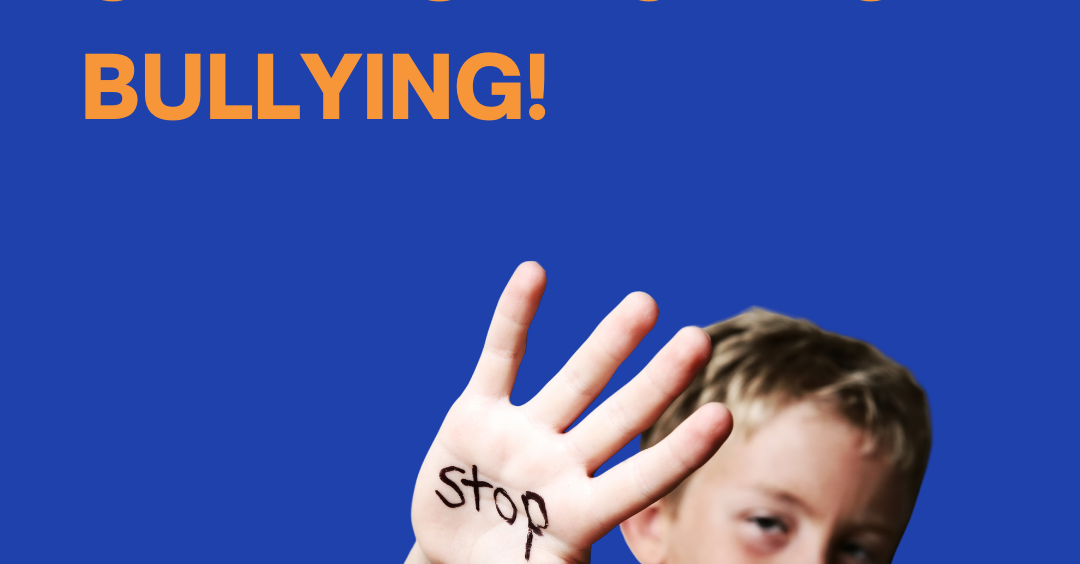Standing Together Against Bullying: Protecting Children and Nurturing a Kinder Society
Bullying transcends boundaries, infiltrating even the most esteemed educational institutions and affluent neighborhoods. Its pervasive nature underscores the urgency of collective action to combat this insidious phenomenon. We must recognize that mere policy enactment is insufficient; every member of society bears a responsibility to stand up against bullying, as it inflicts harm not only on its direct victims but also on bystanders and witnesses who suffer silently.
The detrimental effects of bullying on children’s well-being cannot be overstated. From immediate psychological distress to long-term emotional scars, the repercussions of bullying reverberate throughout a child’s life. Tragically, in extreme cases, bullying has led to devastating outcomes, including fatalities. Both perpetrators and victims of bullying are at heightened risk of experiencing a myriad of emotional and behavioral challenges, necessitating intervention to foster healthy relationships and mitigate future harm.
Furthermore, bullying undermines the fabric of society, eroding trust, empathy, and social cohesion. It perpetuates cycles of violence and perpetuates harmful stereotypes, fostering a culture of fear and intolerance. By normalizing aggression and cruelty, bullying corrodes the moral fiber of communities and inhibits the development of a compassionate and inclusive society.
At both individual and societal levels, bullying exacts a toll that extends far beyond its immediate victims. Witnessing or experiencing bullying can instill feelings of powerlessness, fear, and isolation, undermining children’s sense of safety and belonging. Moreover, the cumulative effects of widespread bullying can erode social capital and impede collective progress, hindering our ability to cultivate a harmonious and equitable society.
To address this multifaceted challenge, concerted efforts are required from all sectors of society. Schools play a vital role in fostering a culture of respect and empathy, but they cannot bear this burden alone. Parents, educators, policymakers, and community leaders must collaborate to implement evidence-based interventions and promote a culture of kindness and inclusivity. By prioritizing prevention, intervention, and support, we can create a nurturing environment where every child feels valued, respected, and safe from the scourge of bullying. Through collective action and unwavering commitment, we can build a brighter future where bullying has no place, and every child can thrive.
Bullying inflicts profound psychological wounds on its victims, undermining their sense of self-worth and eroding their confidence. Children who experience bullying may develop anxiety, depression, and low self-esteem, which can persist into adulthood. The trauma of bullying can shape a child’s worldview, instilling a pervasive sense of fear and mistrust that hampers their ability to form meaningful relationships and engage with society. Moreover, victims of bullying may internalize the harmful messages conveyed by their tormentors, leading to self-destructive behaviors and a diminished sense of agency.
On a societal level, bullying perpetuates cycles of violence and perpetuates harmful stereotypes, fostering a culture of fear and intolerance. By normalizing aggression and cruelty, bullying corrodes the moral fiber of communities and inhibits the development of a compassionate and inclusive society. The pervasive nature of bullying undermines social cohesion, hindering our collective progress towards a more just and equitable society. Moreover, the economic costs associated with bullying, including healthcare expenses and lost productivity, impose a significant burden on society as a whole.
Furthermore, bullying undermines the educational environment, compromising students’ ability to learn and thrive. Research indicates that victims of bullying are more likely to experience academic difficulties, absenteeism, and dropout rates. Additionally, the presence of bullying can create a hostile and unsafe school climate, deterring students from fully engaging in their education and inhibiting their intellectual and emotional growth. By fostering a culture of fear and intimidation, bullying erodes the foundational principles of education, which are rooted in respect, collaboration, and mutual support.
In addressing the pervasive impact of bullying, a comprehensive approach is necessary, encompassing prevention, intervention, and support. Schools play a critical role in fostering a safe and inclusive environment where bullying is not tolerated. Educators must be equipped with the resources and training to recognize and address bullying behavior effectively. Moreover, parents and caregivers must be empowered to support their children and advocate for their safety and well-being. By fostering collaboration among stakeholders and prioritizing the mental and emotional health of children, we can cultivate a society where every child feels valued, respected, and free from the destructive influence of bullying.


